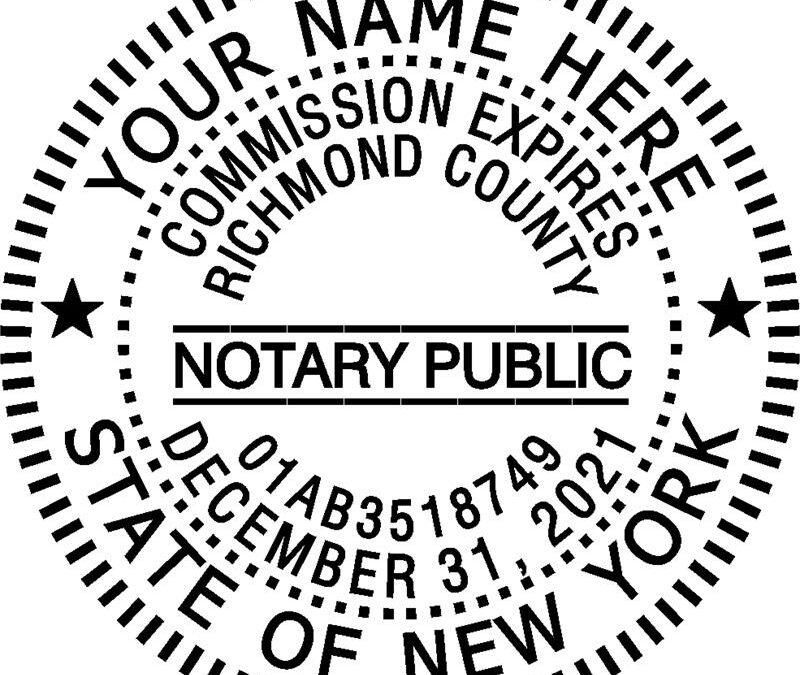Being a Notary Just Got a Lot More Difficult
Effective now, the Department of State has implemented rigorous recordkeeping requirements for in-person notarial acts that mirror the requirements needed to perform electronic notarial acts. The official rule adoption release can be found HERE.
19 NYCRR §182.9 spells out the details. In short, all notaries must maintain for a period of TEN YEARS (!) a journal/log containing the following information which can be produced on demand:
- the date, approximate time, and type of notarial acts performed;
- the name and address of any individuals for whom a notarial act was performed;
- the number and type of notarial services provided;
- the type of credential used to identify the principal, including, for verification made in accordance with paragraphs (4) or (5) of subdivision (b) of section 182.5, the names of the witnesses and, if applicable, the type of credential used;
- the verification procedures used for any personal appearance before the notary public; and
- for electronic notarial acts, identification of the communication technology and, if not included as part of the communication technology used by the electronic notary, the certification authority and verification providers used.
The law permits third-party storage of such information, so expect service providers to offer plans to help with compliance.
Ostensibly, the law will aid in verifying the legitimacy of notarized documents in legal disputes, but the more stringent recordkeeping requirements may have the unintended side effect of reducing the availability of notary services for the public. The State recognized that performing electronic notarial acts would be expensive due to regulations and permitted $25 fees for each act performed. But fees for in-person services are still limited to $2. And, of course, Penal Law §195.00 prohibits an officer (yes, notaries) from refusing to perform their duty upon request. What notary would advertise their services to the public now?
Penalties For Noncompliance
In addition to potential criminal liability and removal from office, Executive Law §135 renders notaries civilly liable for damages sustained by individuals as a result of their misconduct. In the action Maloney v. Stone, 195 AD2d 1065 (4th Dept. 1993), a notary was found liable for notarizing forged signatures without seeing the purported prinicpal. Before, it was difficult, if not impossible, to prove that a notary committed misconduct in performance of their duties. Notaries did not keep logs, and how many notaries actually remember each notarial act they performed? All the notary had to do was testify to their legally compliance general practice for performing notarial acts, and absent rock-solid proof otherwise, the notary would not be held liable. Now, failure to keep the required records will be evidence used against the notary. It will be interesting to see if such a failure will be sufficient grounds for liability against a notary who has no specific recollection of the notarial act in question.
Better safe than sorry — keep those records.

